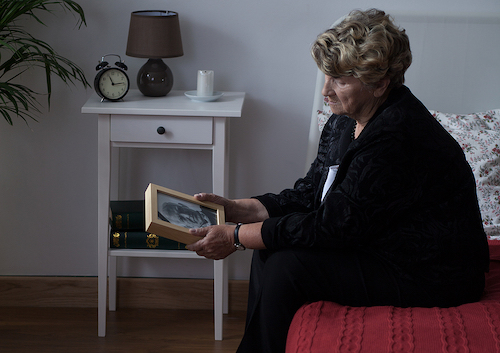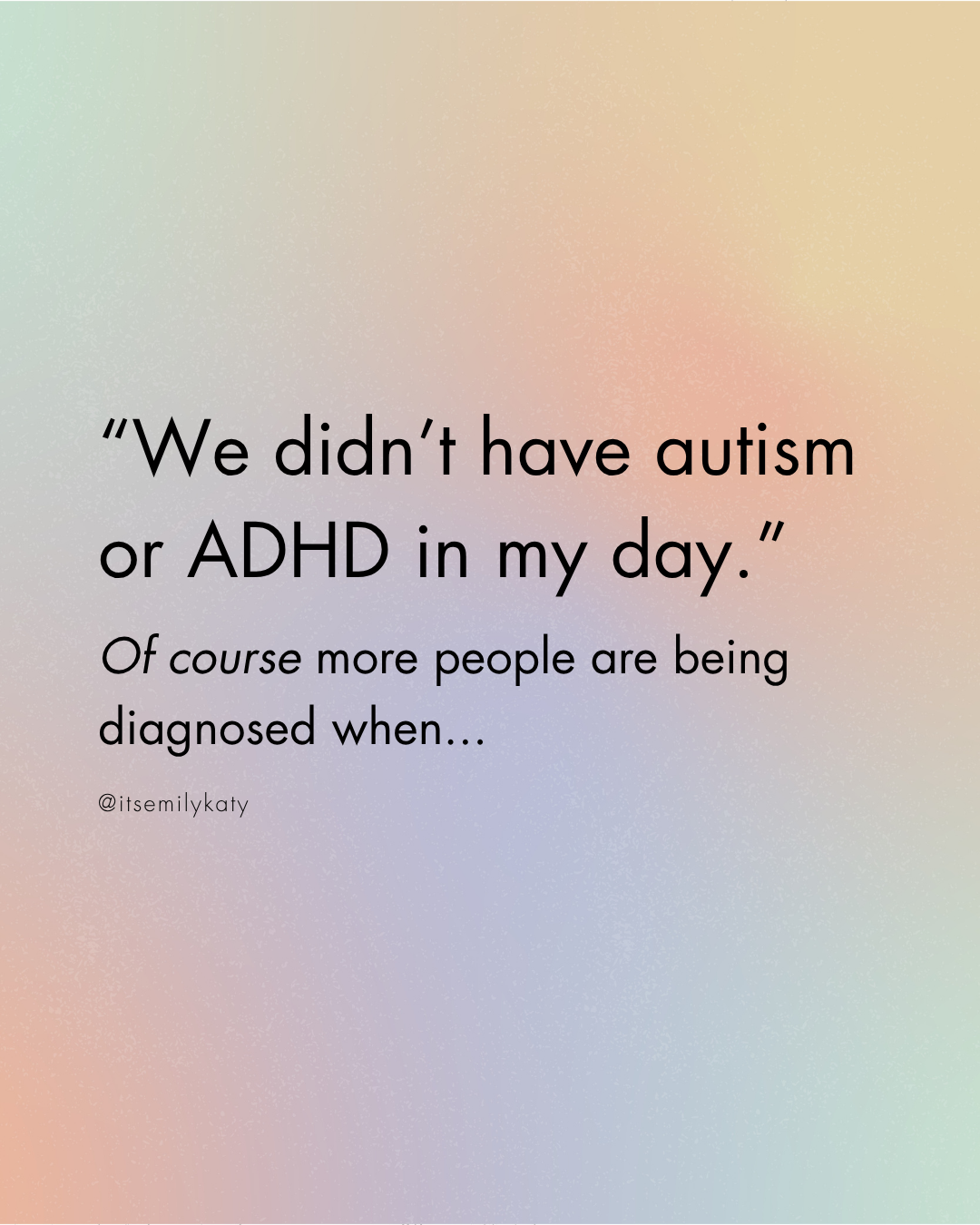At Sanctuary this Christmas, we are focusing on peace—its significance in the Christmas story and the role it plays in our faith today. Peace isn’t simply the absence of fear or anxiety. Peace is experiencing the presence of God. The Hebrew definition of peace is shalom. One of the ways we understand shalom is through the lens of reconciled or restored relationships—first with God, and then with self and others. Sanctuary Ambassador Rev. John Swinton, PhD writes: “The core meaning of shalom is justice, righteousness, right relationship with God… God’s presence offers us hope, companionship, and the possibility of something beyond the immediacy of our present distress.”
This year, we invite you to reflect on the ways you intentionally make room to experience God’s presence, be present to yourself, and be present to others during the Christmas season. There might be specific practices that help orient you towards God’s presence, engage in self-care, or tend to the relationships you have with your family, friends, or faith community. Our team has shared a few examples of what this looks like for us, as well as practices that support our own mental health journeys in the midst of the demands of the Christmas season. We also have some suggestions on how to “plant peace” in our communities, creating spaces that foster peace and support for people living with mental health challenges.
We hope these examples encourage you to prepare room for peace and presence this season.
From Nicole

One of my favourite parts of the year is Advent: that stretch of time starting four Sundays before Christmas Day. I like leaning into the element of waiting on and hoping for Jesus, looking for signs of God’s light and presence that are part of Advent. One specific practice to aid me as I seek to focus on expectancy is to light candles as I move through Advent. Much like some churches will do each Sunday of Advent, I set up five candles on my kitchen table and light them one at a time throughout December. The way that candles throw their light gently into darkness is a poignant reminder of God’s presence in every season of our lives. I’ll also read or pray something related to Advent so that I slow down a bit and sit in the moment. I look forward to Christmas Day when I finally get to light that last candle and celebrate the coming of Jesus. The combination of the candles, the reading, and my specially-curated Advent playlist combine to bolster my openness to the presence of God in the midst of my daily life, however that daily life is taking shape at the time.
From Victoria
Some people love the darker nights and colder days. I am not one of them, although I do enjoy seeing all the festive lights. However, this is the time of year I get to combine two of my favourite things: Christmas carols and Christmas cards. I write and mail at least 100 cards each year, sending them far and wide to family, friends, former co-workers, and acquaintances. I think it’s a lovely way to let people know you’re thinking of them, even if you’re not particularly close in relationship or distance.
I write these Christmas cards while listening to a playlist that includes Away In a Manger, Silent Night, O Little Town of Bethlehem, and more contemporary music such as Find My Peace by Naomi Raine or Peace by Norah Jones. These songs also remind me of the very people I’m writing to, and those who are no longer with us. I find the peaceful melodies good company as I concentrate on the task at hand, and they are also songs filled with hope.
From Maddie

A tradition that my husband and I started the year we got married is creating a yearly time capsule ornament. As we start Christmas decorating in early December, we take time to look back on the year and reflect on what happened. I cut out little pieces of paper that we write on, then roll them up and stuff them into a clear ornament. Each year we hang up a new ornament on the tree and can peek at what we wrote in previous years.
Inside we highlight things like trips, big events, accomplishments, and milestones. Even in the years when we feel like nothing really happened, this dedicated time to pause and really examine our year helps us get out of the mundane and ordinary to see the special moments we want to remember.
This is a practice that connects us to each other and to God as we remember God’s faithfulness and provision for our family. It fills my heart with gratitude as we wrap up the year and see how God has been so good to us!
Doing this also makes us reflect on the more challenging seasons or moments that we experienced in the past year. In 2023, we noticed that there were several things that were draining us and not working well. This reflective activity became an opportunity to look ahead to the next year and make some changes to support our physical, mental, and relational health.
From Nathan
One particular practice which helps me (re)orient towards God’s peaceful presence during a season which can come with added pressures is taking time in the early morning to read and reflect on well-worn copies of Henri Nouwen’s Wait for the Lord: Daily Advent Meditations & Prayers and Joel Heck’s A Grand Miracle: Devotions for the Days of Advent based on thoughts of C.S. Lewis.
Each year, I am impacted in new ways by the daily Advent meditations and devotions found within these two booklets. Recently, an insightful thought from Nouwen prompted me to reflect on God and his peace. Nouwen writes, “If God simply is (with no beginning or end), but yet also was and is to come again, then God’s peace also simply is, yet also was, and also is to come again. And since His peace is, it also always has been and always will be available: to me, to you, and the world. Jesus gives peace to us freely now (John 14:27) and He will also bring perfect peace when He comes again to reign again as the Prince of it (Revelation 1:7, Isaiah 9:6).”
No matter the stressful situation I’m in or the pressure I may feel this time of year, I try to remember (and find reassurance when I do) that the Prince of Peace’s unworried and unhurried presence simply is, that it is with me and offered freely to me in the momentI’m in. I remember that one day, the one who is peace perfected will come again to reign and rule with peace over all.
From Chelsea
I love hosting friends and family, and our house is often the gathering place during the holidays. I hope that when people enter my home, they feel they can come as they are—without needing to put on a mask or pretend. I hope when guests leave my home, they feel like their cups have been filled by people who love them no matter what state they’re in. The way I help foster that environment is by showing up as my authentic self and allowing others to see me as I am that day too. For example, this year will be my first Christmas since my dad passed away, and I am certain he’ll be on my mind at times. It’s an opportunity to talk about what I’m feeling at the moment, share stories about him if it feels right, cry if I need to, and allow others to be there for me in my grief.
From Corin

In the centre of London where I live, there’s constant stimulus. At times it is a joy to have access to so much rich culture within easy reach, but there are other pressures of city life to contend with. Staying grounded in daily devotional practices offers me a deep sense of peace.
One thing I have learned is that finding a centered and peaceful outlook is dependent on me first tuning into my body. I learned my faith in a tradition that valued opening the Bible as the first task of the day. Yet, what if my mind is preoccupied or anxious and the words I read in the Bible don’t stick? It has taken me around thirty years to realize that before I can be receptive, I need to still my mind. Calming my mind is only possible when I attend to regulating my nervous system.
I have a couple of go-to breathwork techniques that help calm me. If I wake up feeling a little out of sorts, then I might take time to practice 7/11 breathing: breathing in on seven beats and out on eleven. If I have symptoms of anxiety, such as racing thoughts, I do a practice where I breathe in thirty short breaths through my mouth, hold for thirty seconds, then do thirty long exhales. The sense of peace arrives as a gift. My mind is clear and I can receive the gift of Scripture for that day without distractions. This effective practice is no longer just a way of preparing for devotions; it’s a key component of helping me find God’s peace in various situations.
From Rachel

I have been nurtured by so many people through food. When I lived in Bolivia, our landlord, Anna Maria, would knock on our door what felt like every other day during the cold season, always bringing something small—a tray of cookies, a mug of homemade hot chocolate, or, at Christmas, a bowl of traditional soup called Picana. My Spanish wasn’t very good back then so it was difficult to communicate at times, but through her persistent generosity, we formed a relationship.
In a more recent difficult season, I visited a friend, and she instinctively put on a pot of soup as she listened to me vent. She never asked if I was hungry—though I suppose it didn’t matter anyways. What I needed most was soul nourishment, which came as we warmed our hands over the bowls and slurped something warm and comforting. No, a pot of soup or a tray of cookies doesn’t fix seasons of languishing or take away the pain in our lives. But I love how this season is brimming with opportunities to show up for the people we care about and nurture our relationships through simple acts like preparing food.
Though I sometimes get caught up in the flurry of holiday baking and potlucks, I’m reminded of how small acts of kindness have built meaningful connections that helped me experience peace during hard seasons. May I learn from those who have nourished me and do the same for others this Christmas.
From Lizzy
One of the ways that I try to plant peace in my community is by being a greeter at my church. It’s important to me that people feel welcomed and listened to, whether it’s their first time at church or their thousandth. At our church, we have people from diverse backgrounds and experiences come through our doors. When I’ve been greeting, some people have disclosed to me that they are living with mental health challenges or that they have been diagnosed with a mental illness. In these circumstances, they just wanted someone to listen to a little bit of their story for a few minutes. I believe that listening with empathy and making an effort to be relational with all members of the body of Christ are two small ways to plant peace in our communities.
From Daniel
Slowing down to face the areas of pain and dissonance in our lives can be a difficult but necessary process. It requires us to step away from the constant distractions and busyness that so often consume our days, and instead turn inward to honestly confront the challenges and struggles we may be avoiding.
In my own life, I have found that the week after Christmas often pulls me to slow down and reflect. The energy and excitement of the holidays can leave me feeling drained and disconnected. One year, I remember sitting alone in the dim light of my living room a few days after Christmas, overwhelmed by a sense of melancholy. Rather than push through it, I decided to simply be present with those feelings.
When we turn inward like this, we can open ourselves up to feelings of vulnerability and even anguish. But it is in these vulnerable moments that we may also find the greatest potential for growth and connection with the Divine. By staying present and allowing ourselves to fully inhabit those painful spaces, we create space for God’s healing presence to enter in.
May you experience the presence and peace that comes from God this Christmas!
To see more self-care practices and festive activities that the Sanctuary team finds meaningful, check out these posts from previous years.
Cover photo by Kelly Sikkema on Unsplash
Merry Christmas!










